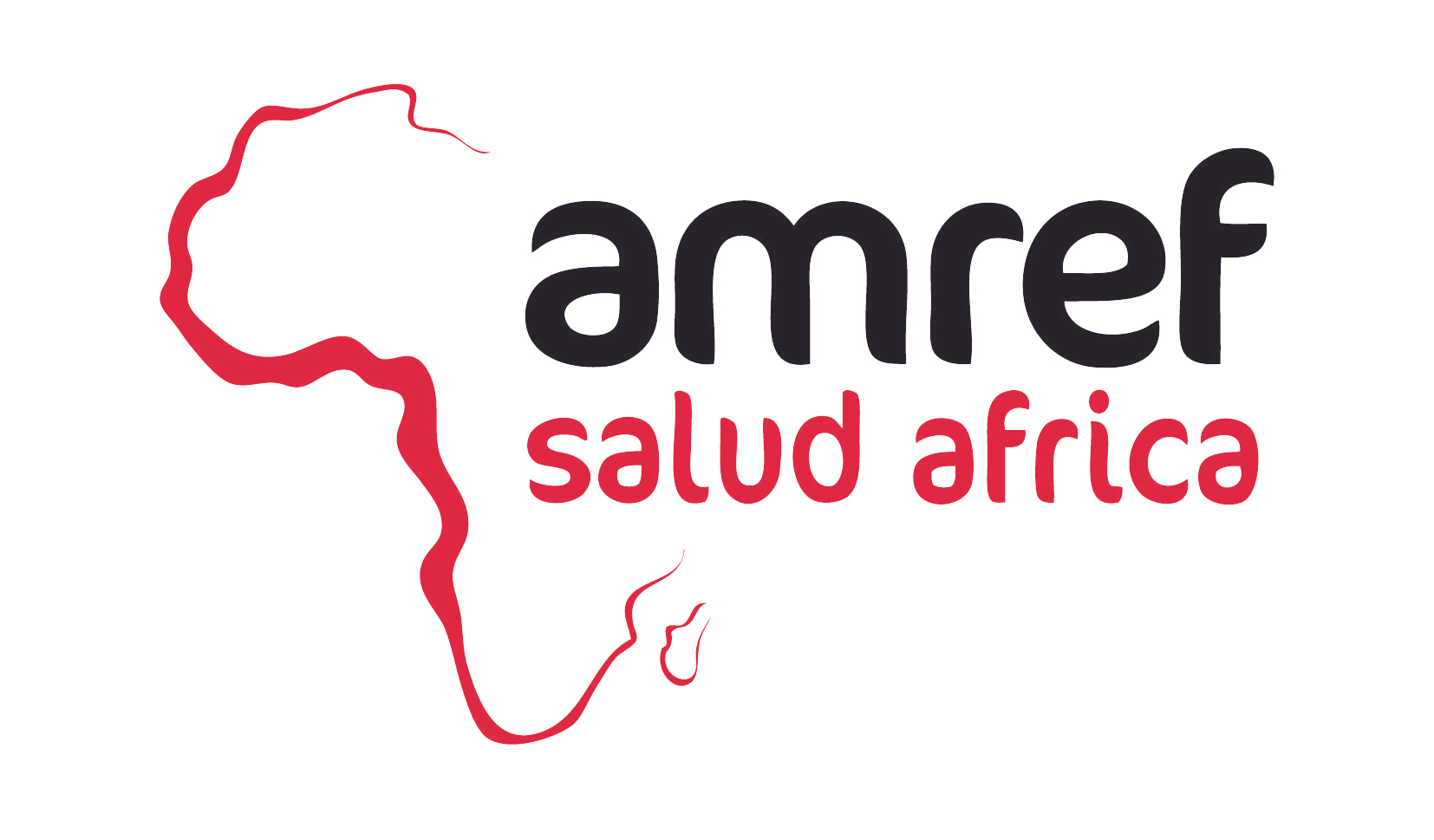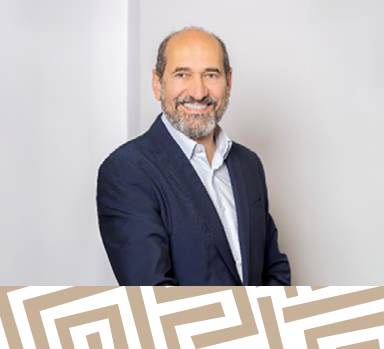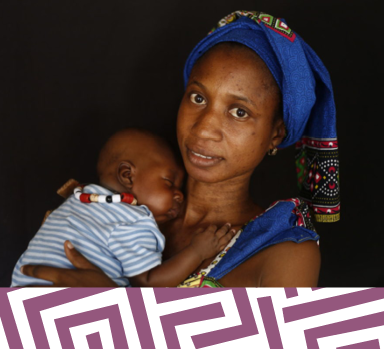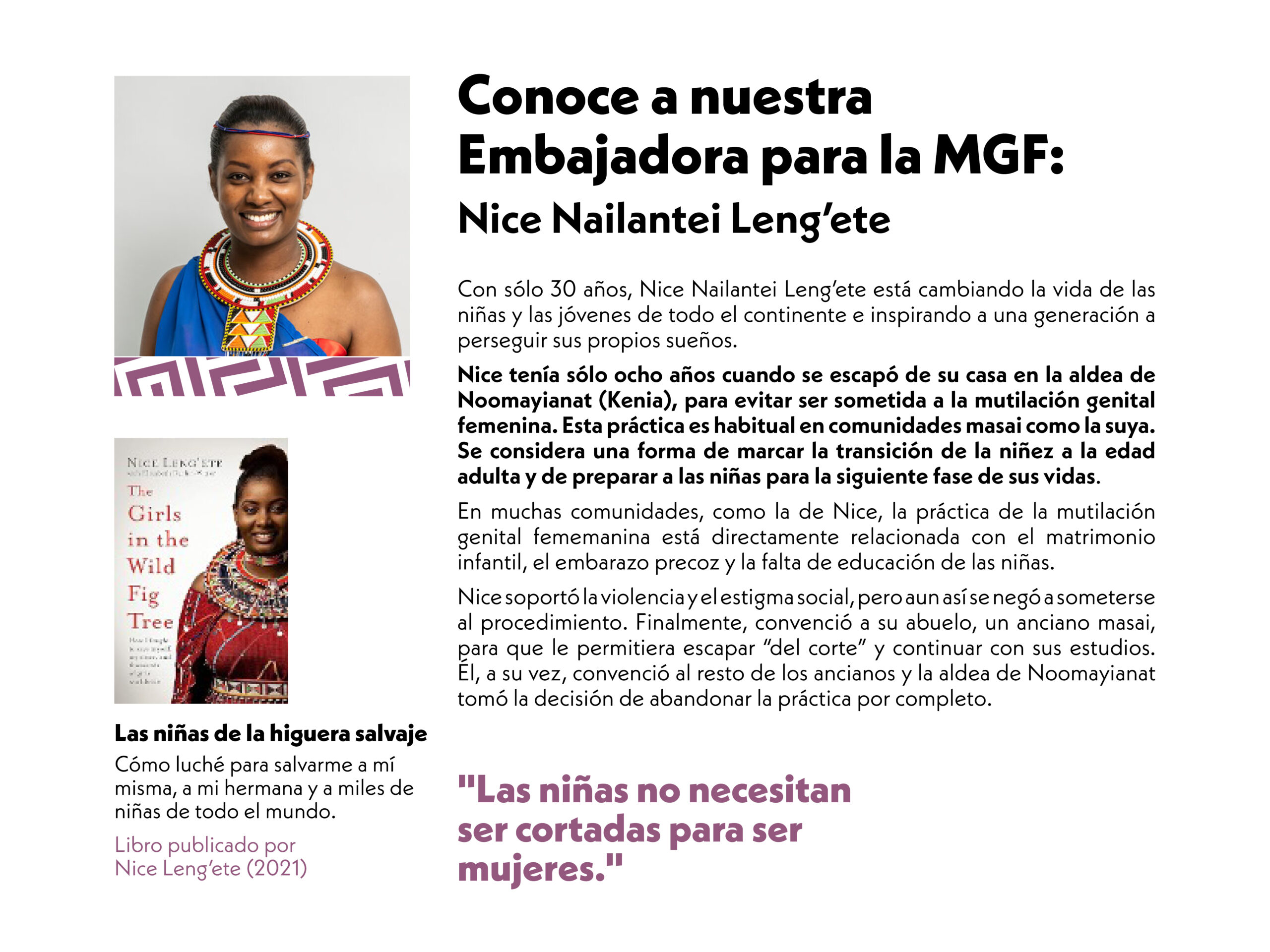This course provides a comprehensive overview of sexuality, health, and sexual and reproductive rights from an anti-racist perspective. It is designed for individuals eager to delve deeper into this subject, offering theoretical knowledge along with the necessary tools and resources to take ownership of their processes and lead a healthier and more positive sexual life. We have developed two training units with content specifically curated for you. Among the most pertinent topics covered are:
- Sexual and reproductive rights
- Sexual diversity and gender
- Body and its changes
- Family planning methods
- Prevention of violence
With just a few clicks, you can access valuable information without encountering misinformation. This course will become your go-to resource for a better understanding of sexual and reproductive rights. Remember: Our course is free with unlimited access, meaning you can log in whenever and wherever you want!
Amref Salud Africa, committed to the integral improvement of the health and well-being of African and Afro-descendant communities, stands out for its tireless work in the field of health. The organization recognizes the importance of addressing not only medical needs, but also the educational aspects that have an impact on the awareness of Spanish society about the problems affecting the youth population, in an area as natural but still considered sensitive as sex education.
In this context, it has developed a significant course covering sexuality, health and sexual and reproductive rights from an anti-racist perspective. This program strives to provide a solid conceptual framework, equipping individuals with essential theoretical knowledge.
It also focuses on equipping participants with the tools and resources necessary for them to take control of their own processes, empowering them to live their sexuality in a healthier and more positive way. This comprehensive approach reflects Amref Salud Africa’s ongoing commitment, especially with the youth population, understanding that together we can build a more just, inclusive and equitable world.












